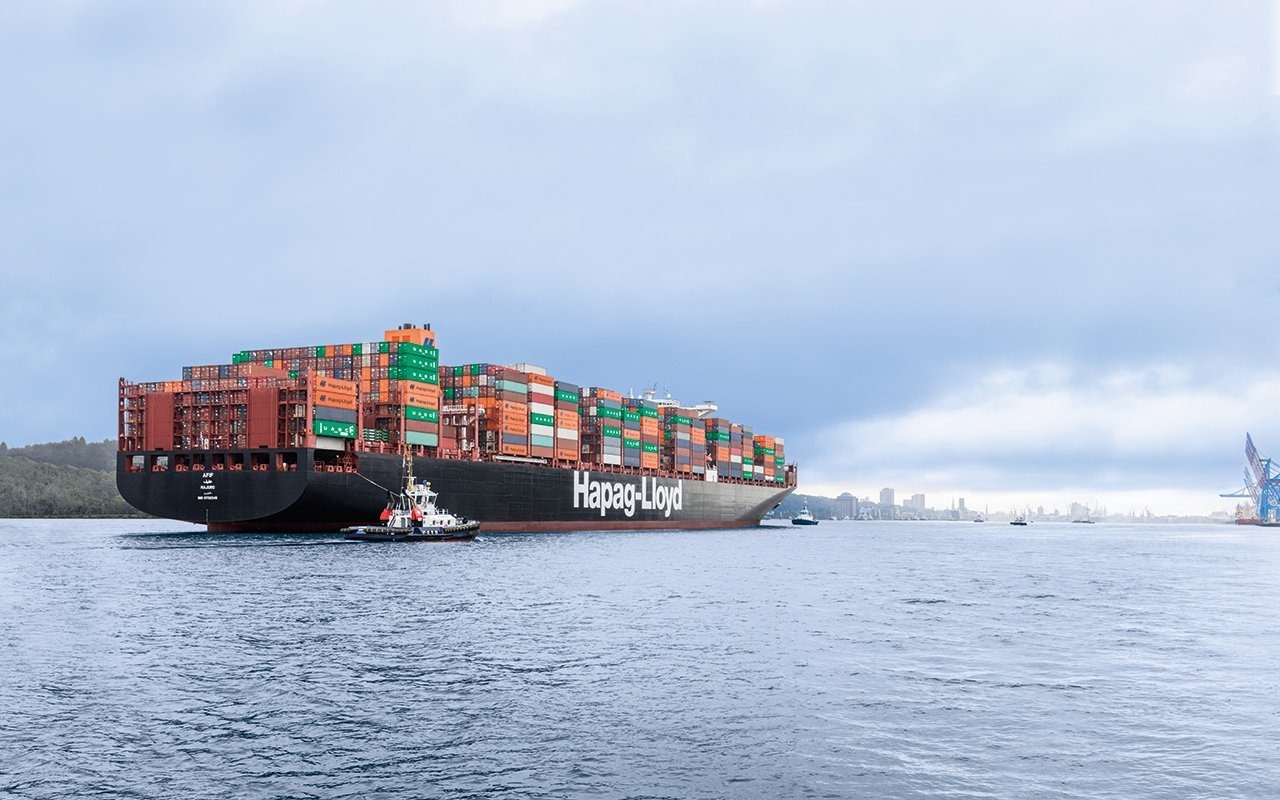
The United States and the European Union are one step closer to resolving their trade disputes. Suspension of additional tariffs has been granted in both the large aircraft dispute and the steel and aluminum dispute.
A number of decisions in May and June 2021 have undoubtedly provided very positive signals pointing to an improvement in the EU-US trade relationship.
- On May 17, the EU temporarily suspended the tariffs on US goods for six months, these tariffs had been a counter measure to the steel and aluminum tariff imposed by the Trump Administration, both sides aim to find a permanent solution by the end of this year.
- A month later, on June 15, the EU and the United States reached an understanding on their dispute over large civil aircraft, with the ambition of turning the page on the 17-year conflict by developing "a forward-looking collaborative platform to address bilateral issues as well as global challenges." The agreement included a five-year extension of the initial four-month suspension decided in March on additional tariffs applied to certain products from 2019 and 2020 due to this conflict (15% on aircraft and 25% on non-aviation goods).
The suspension of extra tariffs in both cases will benefit, in particular, the agriculture and food sector, which has been hardest hit by the transatlantic trade disputes.
A new strategy
This recent progress connotes a reboot of the transatlantic trade relationship under the Biden Administration. It is also in line with the new president’s strategy to enhance the US supply chain resilience: in particular, it relies on collaboration with allies in critical areas, such as electric vehicle batteries. In line with this approach, a new institutional body has also been established, the EU-US Trade and Technology Council, signaling a joint effort in tackling supply chain challenges.
Ultimately, the recent progress serves the Biden Administration’s policy toward China by uniting America’s allies and like-minded countries. The joint statements on both steel and aluminum, and the large aircraft disputes have implicitly impacted China by stressing the collective effort in addressing behavior seen as unfair and distorting the market. A similar commitment is observable in the latest G7 statement.
However, one needs to be aware that the interests of the EU and the US certainly do not fully align. It will be challenging for transatlantic trade to reach a balance between the Biden Administration’s industrial policy of “Made in America” and that of the EU’s of “Strategic Autonomy”. The EU and the US also adopt a different approach in dealing with China, though the gap has narrowed since the beginning of Biden’s term compared to that of Trump. While the Biden Administration seeks to push against China on all fronts, the EU handles the China issue in a more pragmatic manner: in seeking a balance between political values and economic interest. Moreover, there are also diverse opinions on how to approach China among the EU member states. All these issues mean there are uncertainties for the prospect of transatlantic trade negotiation.

Ganyi Zhang
PhD in Political Science
Our latest articles
-
Subscriber 3 min 24/02/2026Lire l'article -
Hapag-Lloyd - Zim: a shipping deal with geostrategic implications
Lire l'article -
European road freight: the spot market is stalling
Lire l'article


